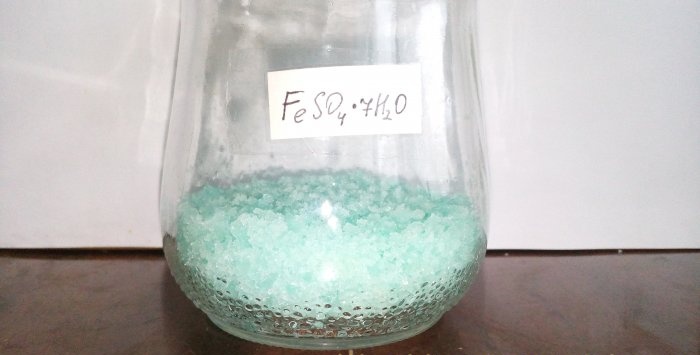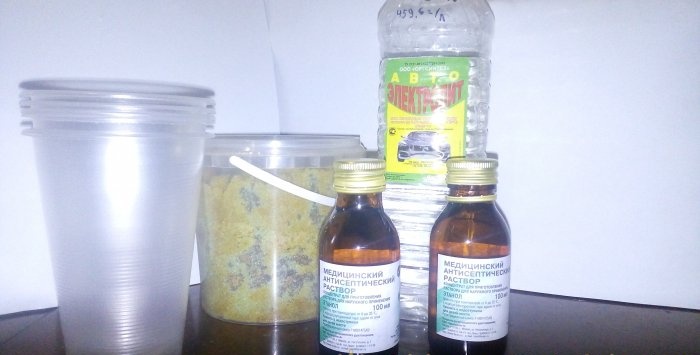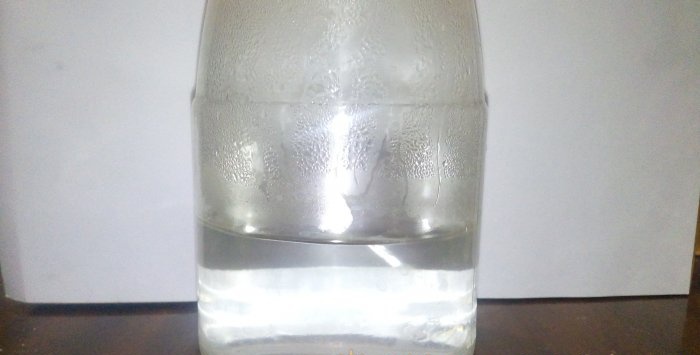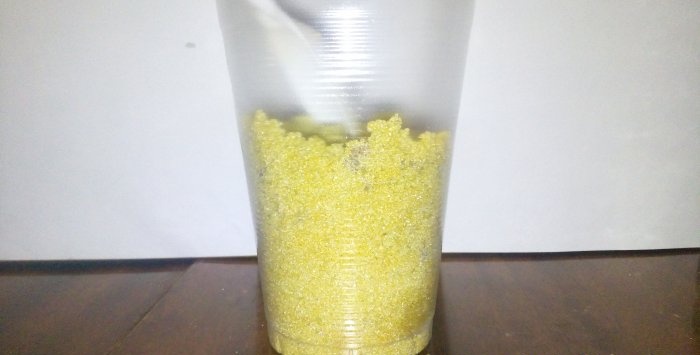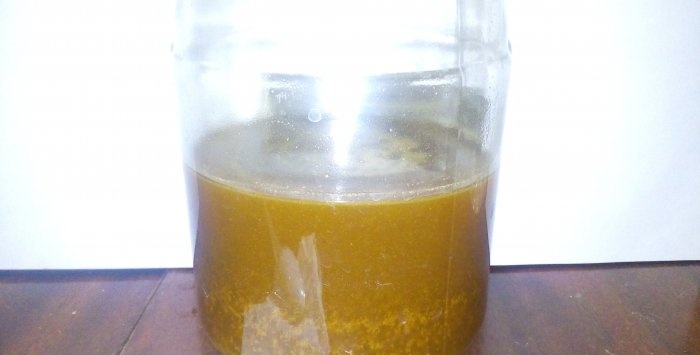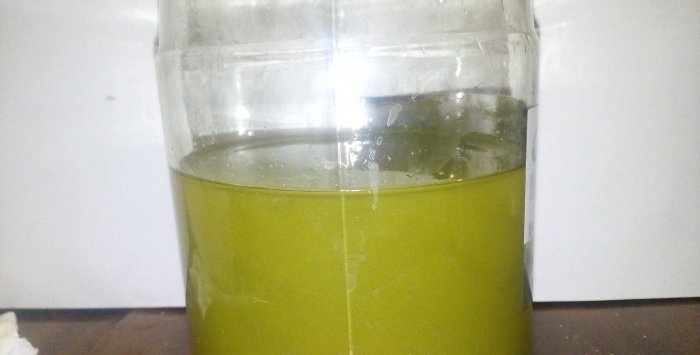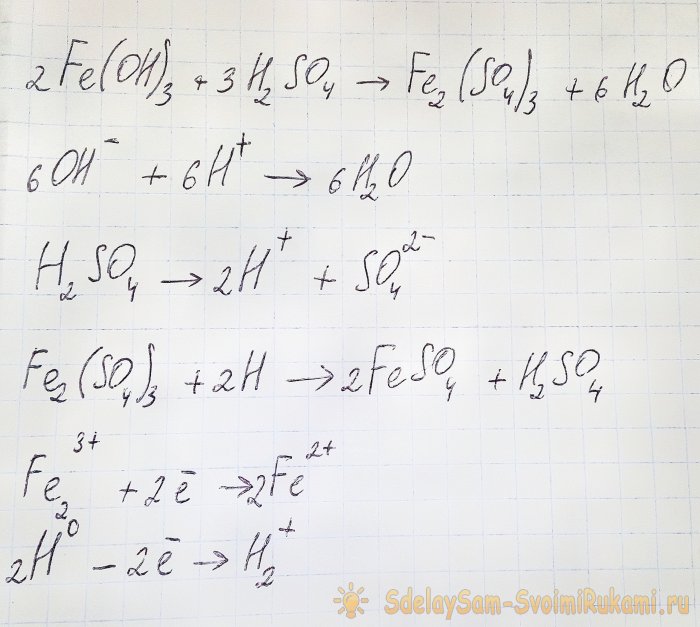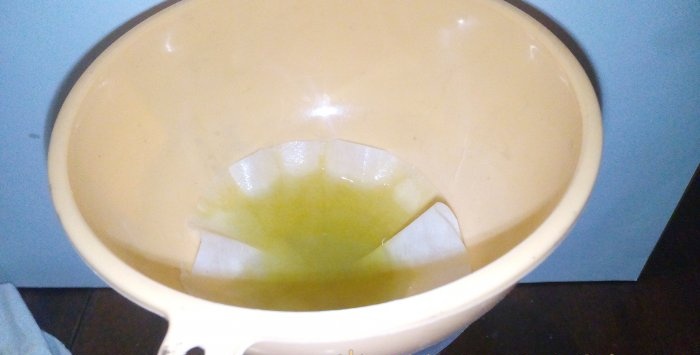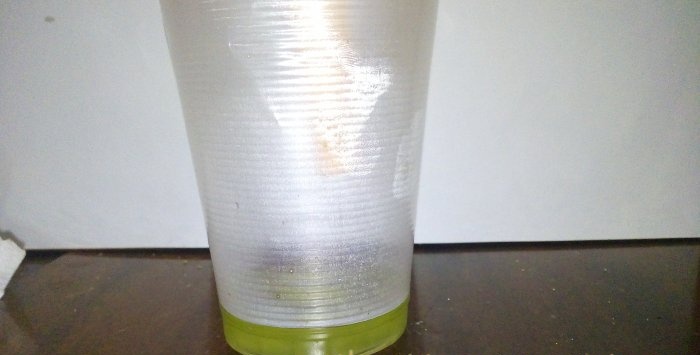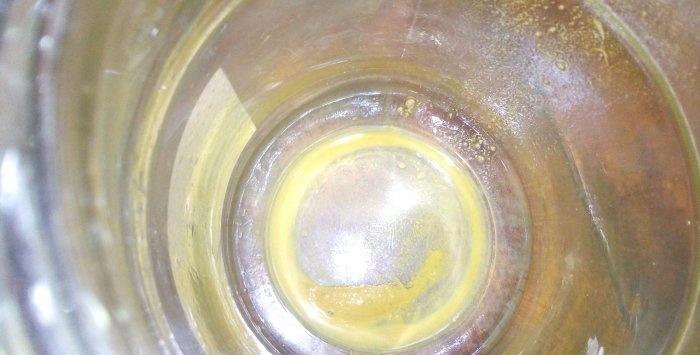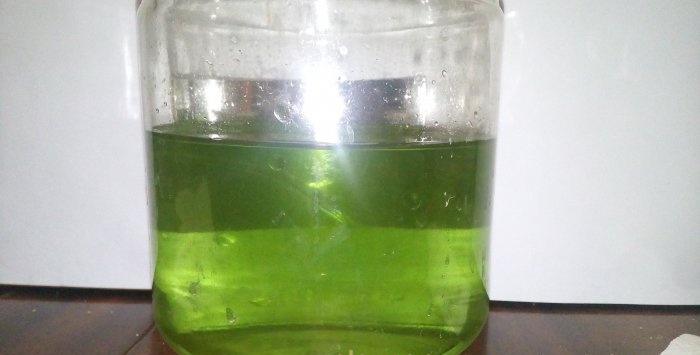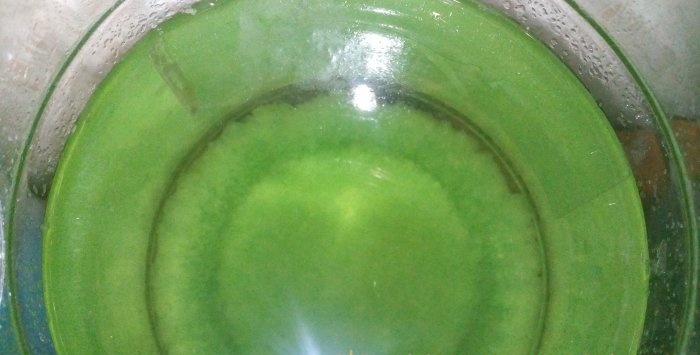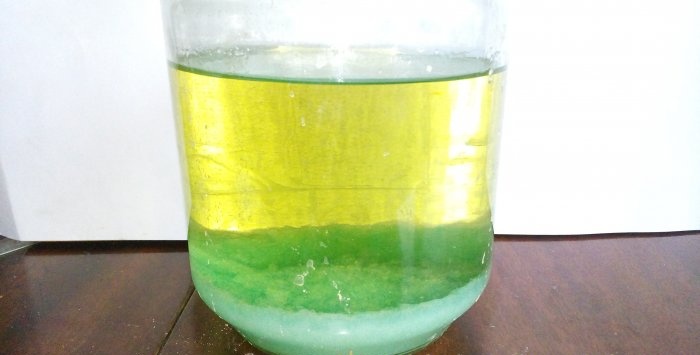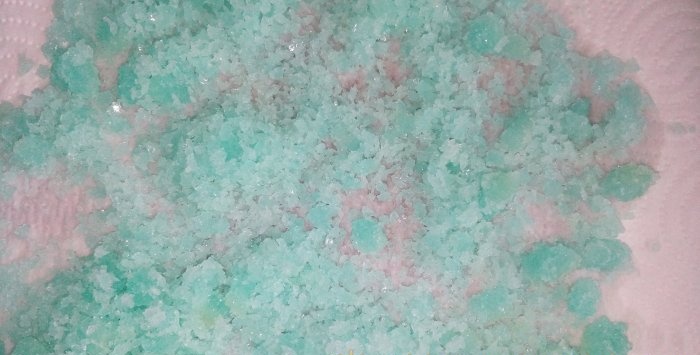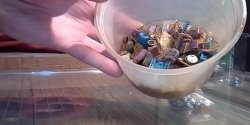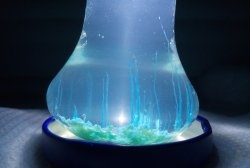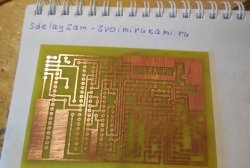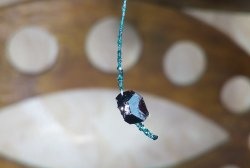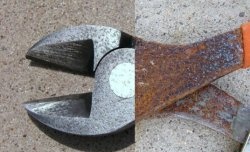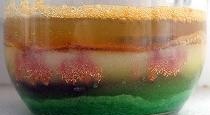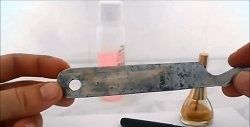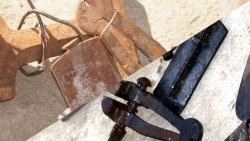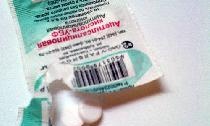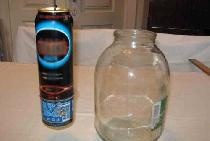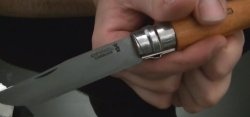A quick way to obtain ferrous sulfate from fertilizer
The penultimate step on the path to obtaining a noble metal from radio components is the reduction of the latter from the corresponding chloride. Iron(II) sulfate is excellent for these purposes. Consider the equation for this reaction:
HAuCl4 - hydrogen tetrachloroaurate (III) - a compound that is formed when gold is dissolved in aqua regia. We will not go deeper into this process for now, as it deserves a separate article.
So, sulfate (hereinafter iron(II) sulfate is meant) is one of the cheap and easily available reducing agents. In stores it can be found under the name “iron sulfate”, it is a fertilizer. But this is not a pure substance, the proportion of sulfate in it is about 50%, the rest is impurities. And before we can restore the gold, we need to purify our sulfate.
Will need
For this you will need:
- Iron sulfate (sold in stores like “everything for the garden”; I bought a kilogram so that I would have enough for my head);
- Sulfuric acid solution, also known as acid electrolyte for batteries (in car dealerships);
- Alcohol, I used 95%;
- Chemical or disposable tableware (cups, stirring spoons).
We obtain iron sulfate from fertilizer
I use a glass jar to prepare the solution. Inside there is 500 ml of hot water, maybe a little less.
Now measure out about half a glass of fertilizer:
As you can see, the substance is yellow-brown in color; such dirty “sulfate” can only be used for its intended purpose - to spray vegetation. We have other goals.
Pour it into the jar:
The solution turned an unpleasant brown color. The coloring occurred due to the reaction of the fertilizer with water:
Iron in sulfate is oxidized to trivalent, and iron(III) hydroxide precipitates, which is actually the reason for its color.
In order to obtain the sulfate we are interested in from the resulting compounds, it is necessary to acidify the solution with sulfuric acid. Add in small portions until the solution brightens.
In this case, the following reactions occur:
The hydroxide reacts with the acid to form iron(III) sulfate (ion exchange reaction). It in turn reacts with atomic hydrogen, which is formed during the dissociation of sulfuric acid. The last reaction is redox.
Now the solution contains exactly the sulfate we need, but the solution itself is still cloudy. Let it sit and filter it, I used a chemical filter.
Insoluble impurities remained at the bottom of the jar:
We rinse it and pour the filtered solution into it. It is much lighter and cleaner than the original.
Ethyl alcohol displaces salts of dibasic acids from their solutions. We will use this property to obtain solid sulfate. We add alcohol to the solution, I poured 200 ml, which is equal in volume to a little more than half of the original volume of fertilizer.
Crystals of our sulfate appeared at the bottom.
I left the solution for two days so that all the sulfate had time to precipitate.
You can initially add more alcohol to make this process faster.
Drain the liquid, using tapping on the bottom and gentle heating, separate the sulfate from the jar and pour it onto a paper towel to dry.
After a few hours, pour the sulfate into a glass jar, label the substance, and in this form it can be stored for a long time.
Since crystalline hydrates precipitated, the formula of the substance is as in the picture. But this does not prevent us from using it for our own purposes, dissolving it in water anyway.
Conclusion
Safety precautions and compliance with the rules for handling acids are a given. Under no circumstances should we forget about them.
Clean substances to everyone!
Similar master classes
Particularly interesting
Comments (1)

